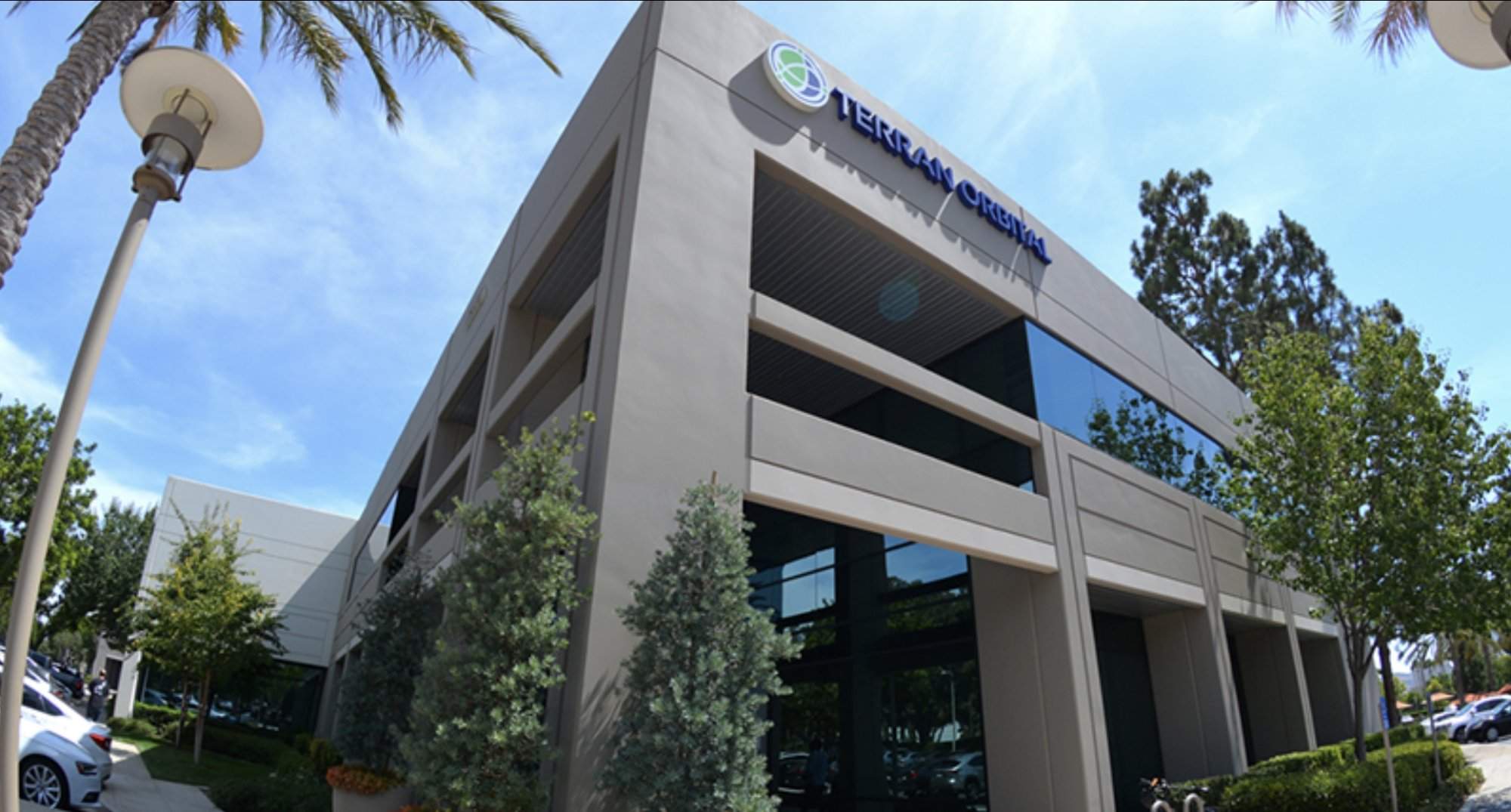Terran Orbital removes Rivada constellation from revenue backlog

Top Stories Tamfitronics
TAMPA, Fla. — Terran Orbital has removed the broadband constellation it is developing for Rivada Space Networks from the backlog of revenues in its accounts, even though the manufacturer still expects to get $2.4 billion from their contract.
The Boca Raton, Florida-based company’s backlog now stands at $312.7 million, according to earnings results disclosed in a regulatory filing Aug. 12 without a press release or call with investors.
About 91% of these future revenues are associated with Lockheed Martin, which owns a third of Terran Orbital’s equity and dropped plans earlier this year to buy a larger stake.
Terran Orbital’s work for Lockheed Martin includes a contract for 36 satellite buses to join the U.S. Space Development Agency’s mesh network of low Earth orbit (LEO) military satellites.
Marc Bell, Terran Orbital’s CEO, said Rivada Space was stripped from the company’s backlog of future revenues amid a general move to a cash-basis method of accounting for all commercial accounts.
“Since commercial accounts pay in advance, we felt it made more sense to change,” Bell said in an Aug. 13 email exchange with SpaceNews.
He declined to discuss payments Terran Orbital has received from Rivada Space, as requested by the proposed satellite operator.
The regulatory filing shows Rivada Space paid Terran Orbital $4.6 million in the three months to June 30, which B. Riley analyst Mike Crawford said brings revenue earned under the contract to $13.2 million since the award was announced 18 months ago.
At one point, Terran Orbital had expected $180 million in 2023 for early work on the 500-kilogram satellites under Rivada Space’s proposed Outernet constellation.
Rivada Space remains highly guarded about how it plans to fund the 300 satellites under contract with Terran Orbital, contributing to doubts among analysts and investors that have helped the small satellite maker’s shares fall more than 50% this year.
In March, Rivada Space CEO Declan Ganley said the constellation’s investors include at least one sovereign wealth fund amid plans to secure export credit agency backing.
Announcing an expanded U.S. leadership team July 31, Ganley pointed to more than $10 billion worth of business for the constellation from potential customers amid plans to start a SpaceX launch campaign for the satellites next year.
Rivada Space current on all invoices
According to Bell, Rivada Space is all paid up to complete the constellation’s ongoing preliminary design review (PDR), which Terran Orbital had previously expected to wrap up by the end of June.
“As you can imagine, it’s a very complex process,” Bell added, “it has been over 1,000 pages and growing.”
He referred further questions about the PDR to Rivada Space, which is a German subsidiary of U.S.-based wireless technology firm Rivada Networks.
Brian Carney, Rivada Networks head of corporate communications, said the PDR is on track to complete “soon,” but declined to elaborate.
“We’re working through it with Terran and our other partners, making sure we get it right,” he added.
Rivada Space has plans for 576 LEO satellites in total and must deploy 288 of them by mid-2026 to comply with its regulatory license.
Financial pressure
Terran Orbital disclosed roughly $30 million in total revenue for the second quarter of 2024, down from $32 million for the corresponding period last year.
The company’s adjusted EBITDA (earnings before interest, taxes, depreciation and amortization) loss improved to $17 million from $21 million.
However, net debt grew $11 million to $182 million. The cash on Terran Orbital’s balance sheet also fell $13 million to $31 million, which Crawford noted is only $11 million above the $20 million minimum required to comply with the company’s debt obligations.
“Meanwhile, pressure increases to raise additional equity to maintain covenant compliance in an environment fraught with persistent competition from traditional primes, established players like Rocket Lab, York Space, and Maxar,” Crawford added, “plus a host of other startups vying to carve out viable niches in the growing merchant satellite manufacturing market.”
Terran Orbital said in the Aug. 12 regulatory filing that it continues to consider a range of strategic options to address near-term capital needs, including taking on more debt, a sale of the company or some other strategic transaction.
Discover more from Tamfis Nigeria Lmited
Subscribe to get the latest posts sent to your email.



 Hot Deals
Hot Deals Shopfinish
Shopfinish Shop
Shop Appliances
Appliances Babies & Kids
Babies & Kids Best Selling
Best Selling Books
Books Consumer Electronics
Consumer Electronics Furniture
Furniture Home & Kitchen
Home & Kitchen Jewelry
Jewelry Luxury & Beauty
Luxury & Beauty Shoes
Shoes Training & Certifications
Training & Certifications Wears & Clothings
Wears & Clothings
















